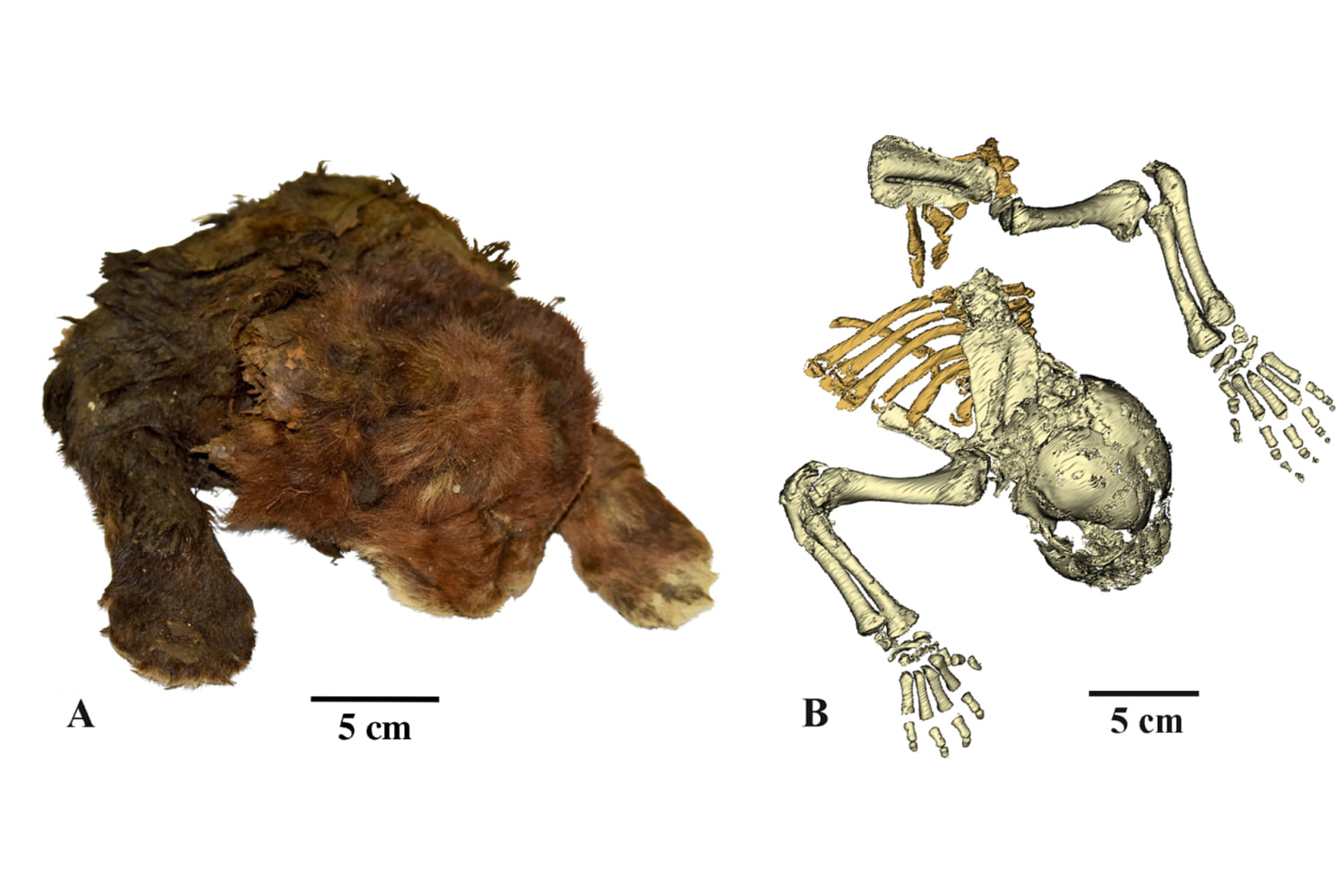There are over 5 billion tons of plastic waste accumulated across the planet, much of which are microplastics that may harm human health and pose a long-term threat to agricultural productivity and food security. The gargantuan task of cleaning up this pollution could be aided by a tiny protein: a specialized enzyme designed to break down plastics into simple components that natural bacteria in the environment can use as a food source. There are over 5 billion tons of plastic waste accumulated across the planet, much of which are microplastics that may harm human health and pose a long-term threat to agricultural productivity and food security. The gargantuan task of cleaning up this pollution could be aided by a tiny protein: a specialized enzyme designed to break down plastics into simple components that natural bacteria in the environment can use as a food source. Biochemistry Phys.org – latest science and technology news stories








